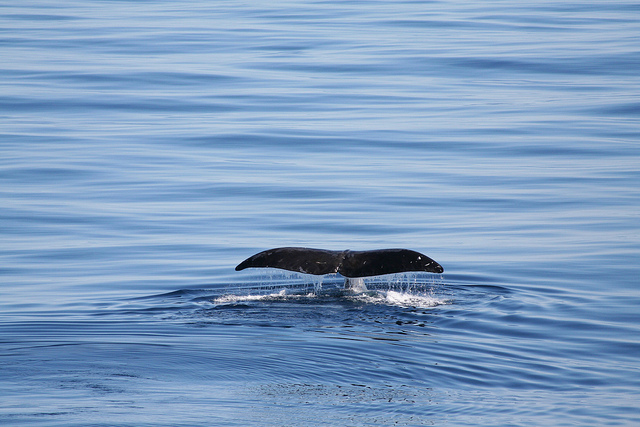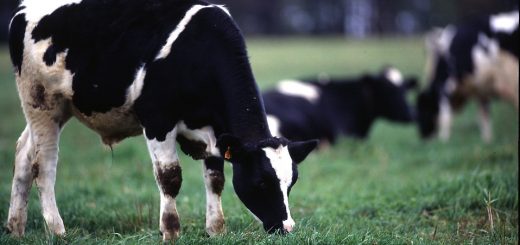The Fountain of Youth… In a Whale Genome?

Wouldn’t we all like to live longer? In our society, the pursuit of youth and longevity is an obsession – from the constant barrage of anti-aging cosmetics to the recent approval of self-DNA tests for genetic disease risk. Scientists all over the world study the process of aging with hopes of increasing the human lifespan. So why not aim high by studying the world’s longest-living mammal?
Weighing in at up to 100 tons, the bowhead whale is estimated to live for over 200 years, making it a valuable, if slightly cumbersome, research subject. Geneticists at the University of Liverpool have sequenced the genome of the bowhead as part of an international research collaboration, with their results posted online as an open resource. By comparing the bowhead genome to those of other mammals, the project has identified a number of genetic adaptations that seemingly protect it from aging and age-related diseases 1.
One curious feature of bowheads is their remarkable resistance to cancer – given that they have about 1000 times as many cells as humans, the probability of some cells becoming cancerous is much greater. Yet in bowheads, the incidence of cancer is extremely low until an advanced age, suggesting that they have some kind of natural cancer-suppressing mechanism. Sequencing the genome revealed that several cancer-associated genes had mutations unique to the bowhead whale, even compared with its closest relative, the minke whale (which lives for only 50 years.) These probably contribute to cancer resistance in the bowhead, and may be useful in human cancer studies.
The study also identified differences in a number of genes involved in the repair of DNA damage. As well as mutations (which can be beneficial), there were also gene duplications, where multiple copies of the gene are present. These may give the bowhead an enhanced ability to respond to disease-causing DNA damage or to suppress the development of tumours.
While we are still a long way from a miracle anti-aging pill, this study has highlighted a number of important players in the game of longevity – tricks that the bowhead has evolved to keep it free of disease for longer. These genes can now be studied in further detail and could potentially be used to fight age-related diseases in humans.
Edited by Debbie Nicol










